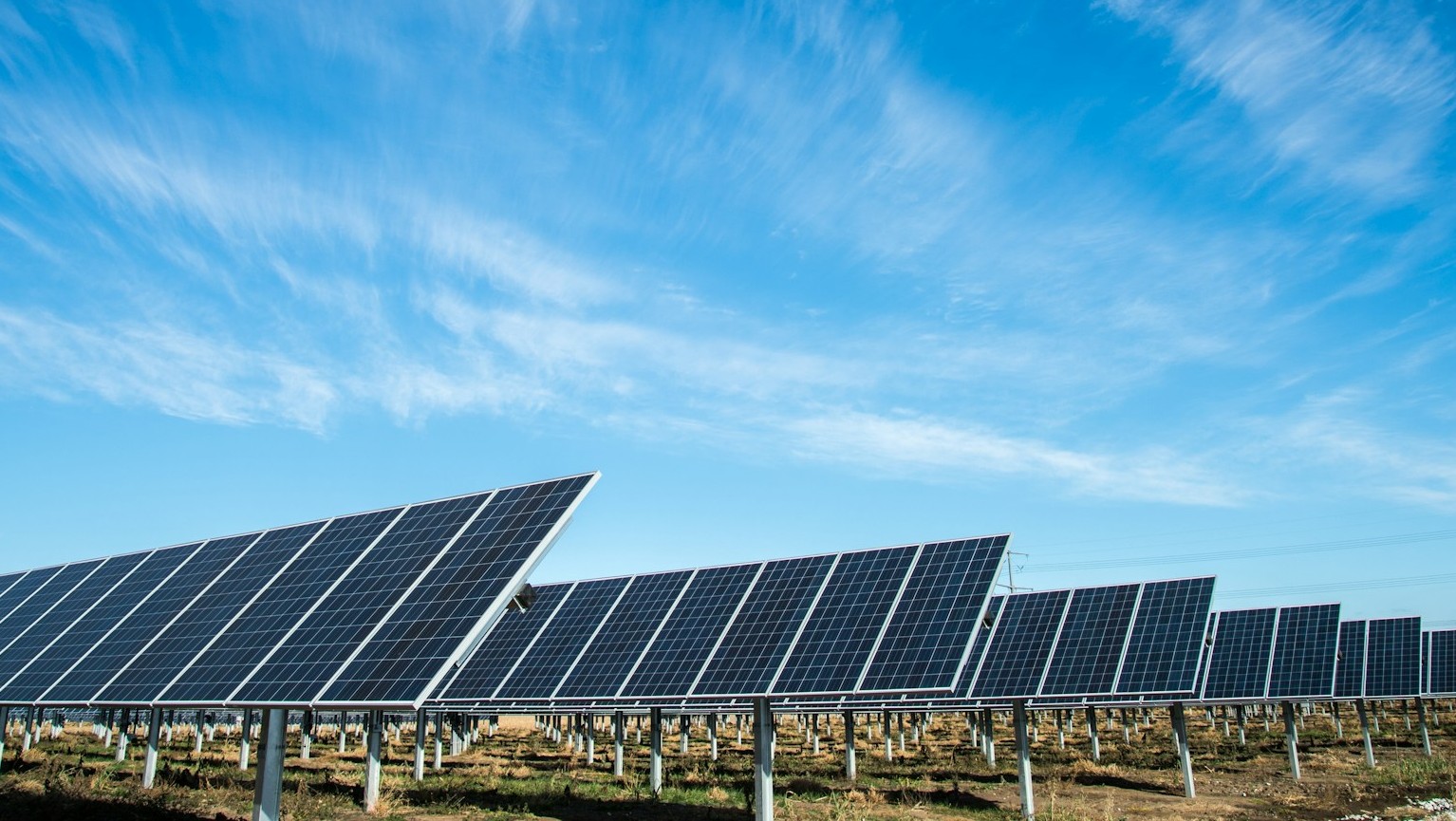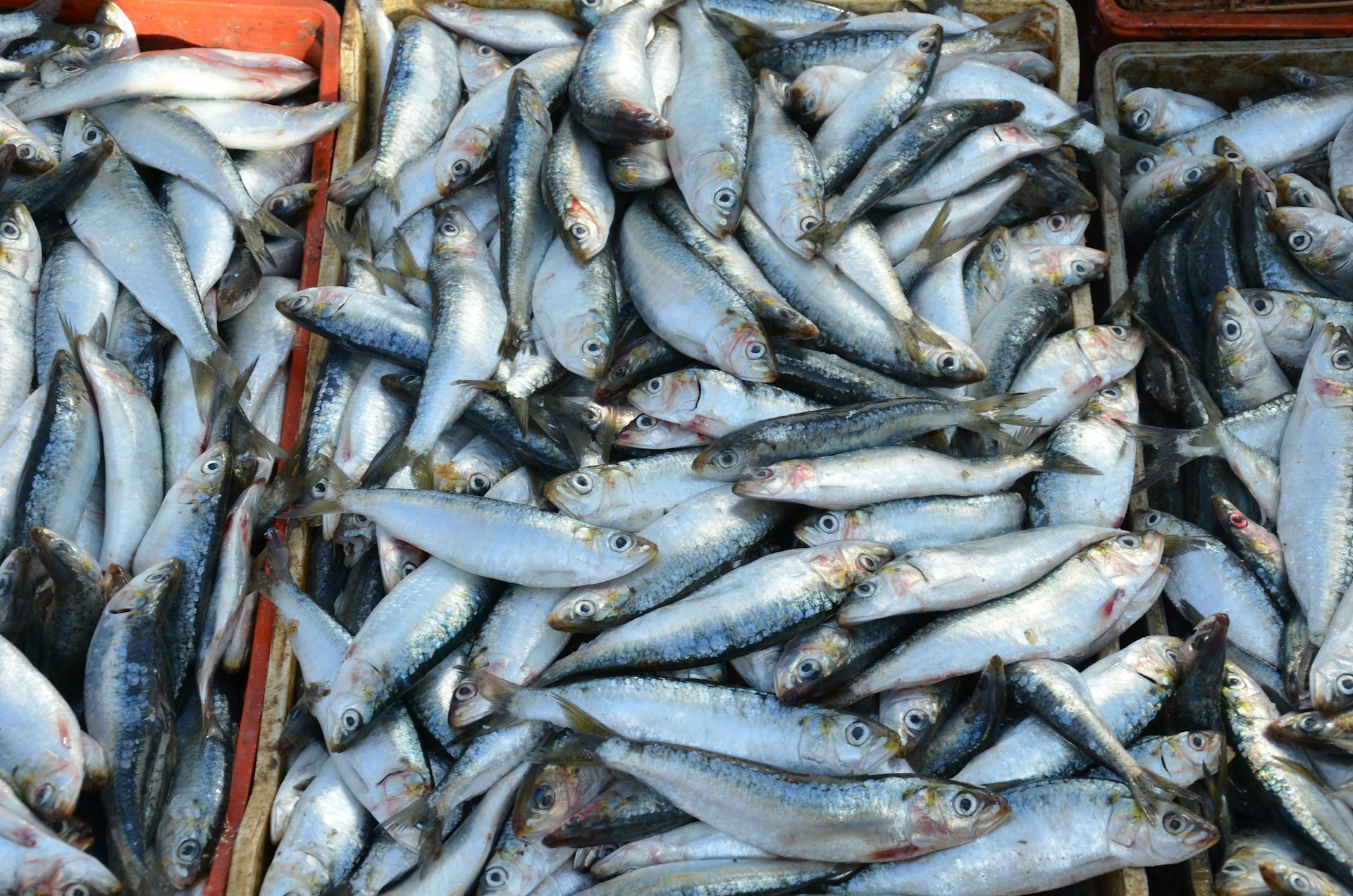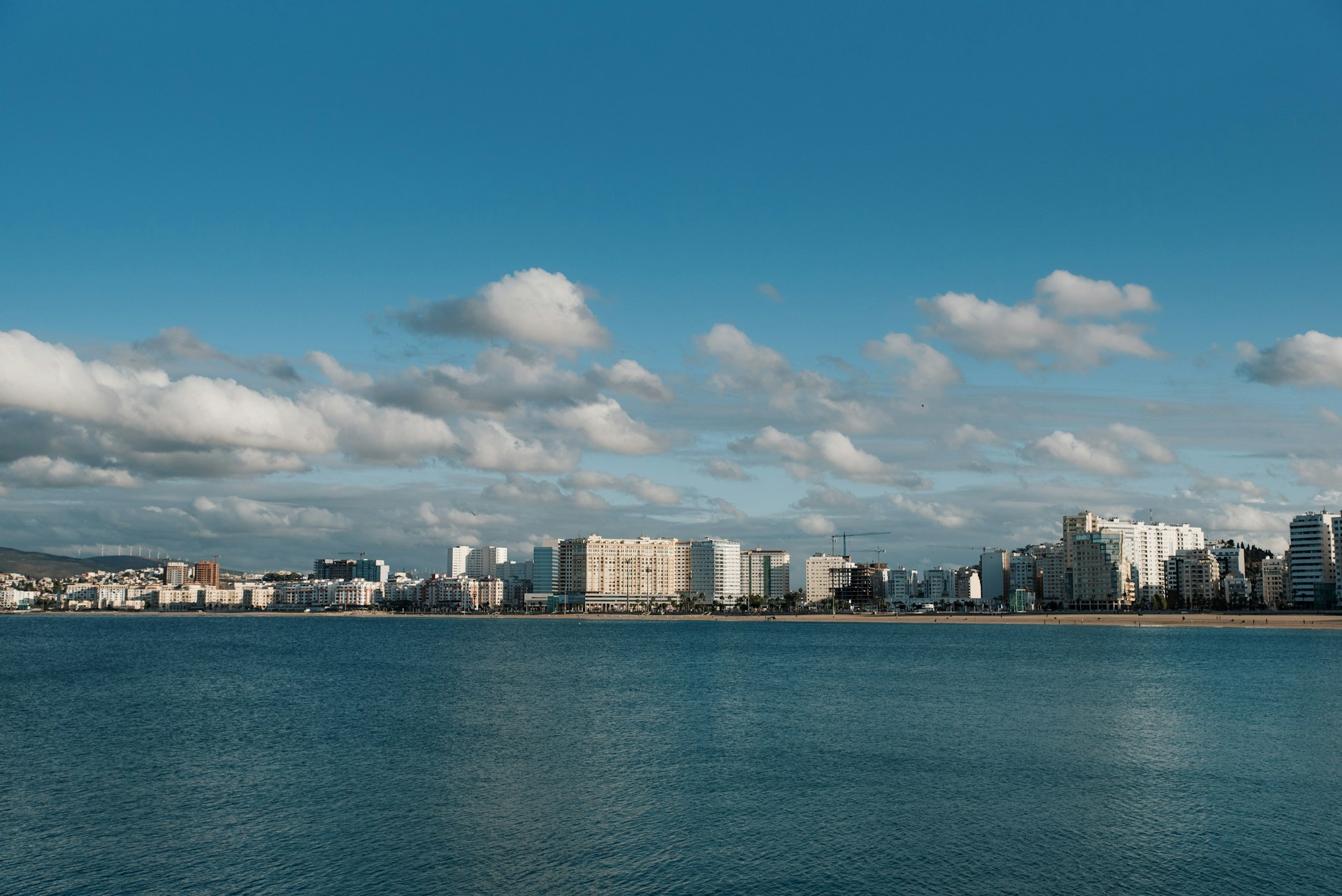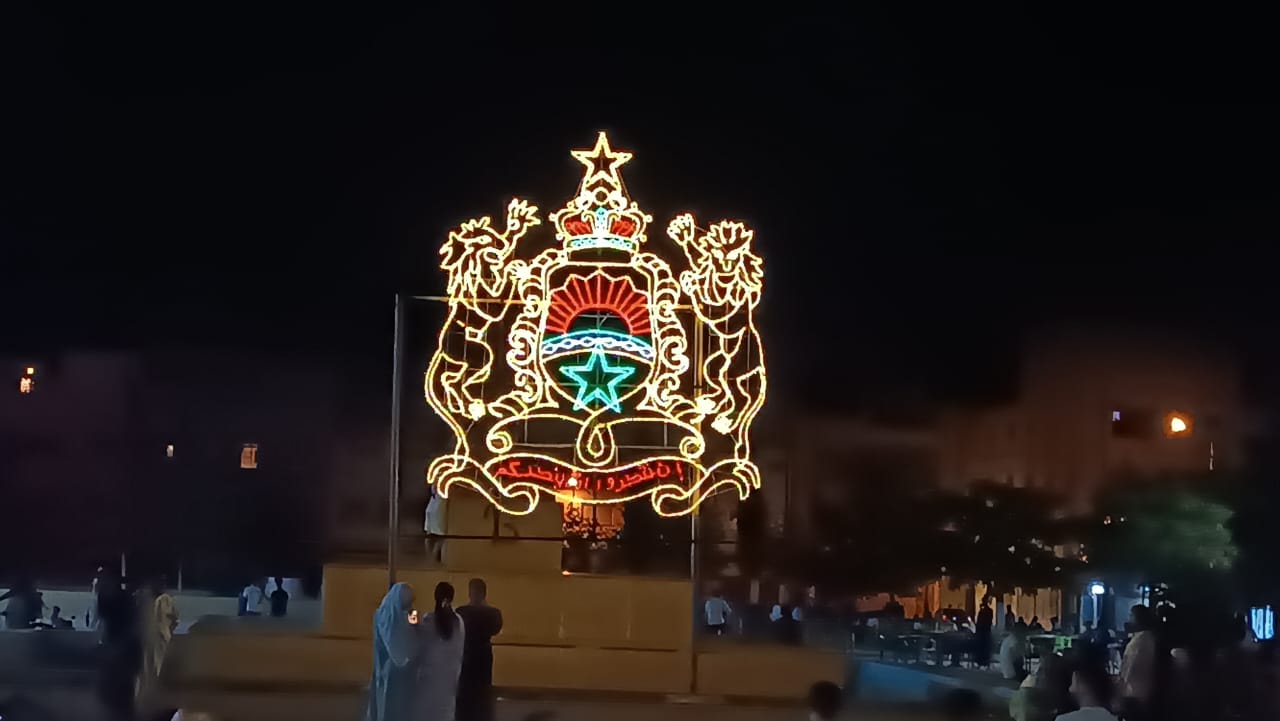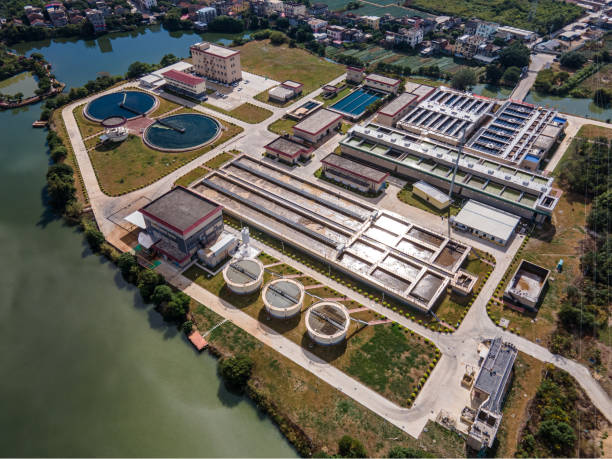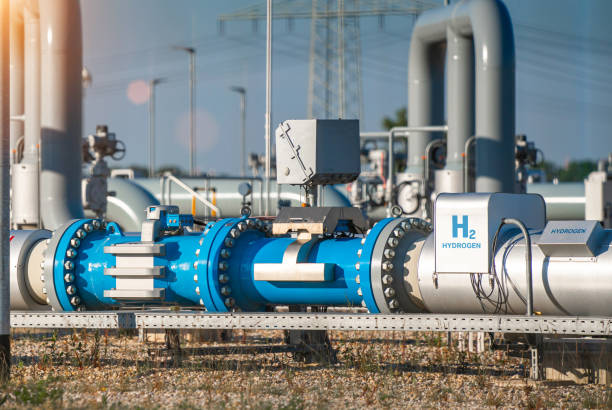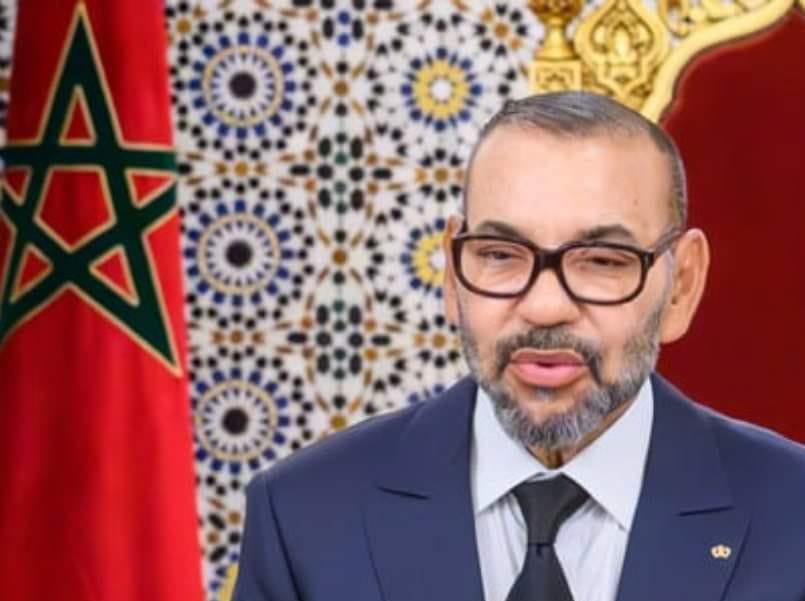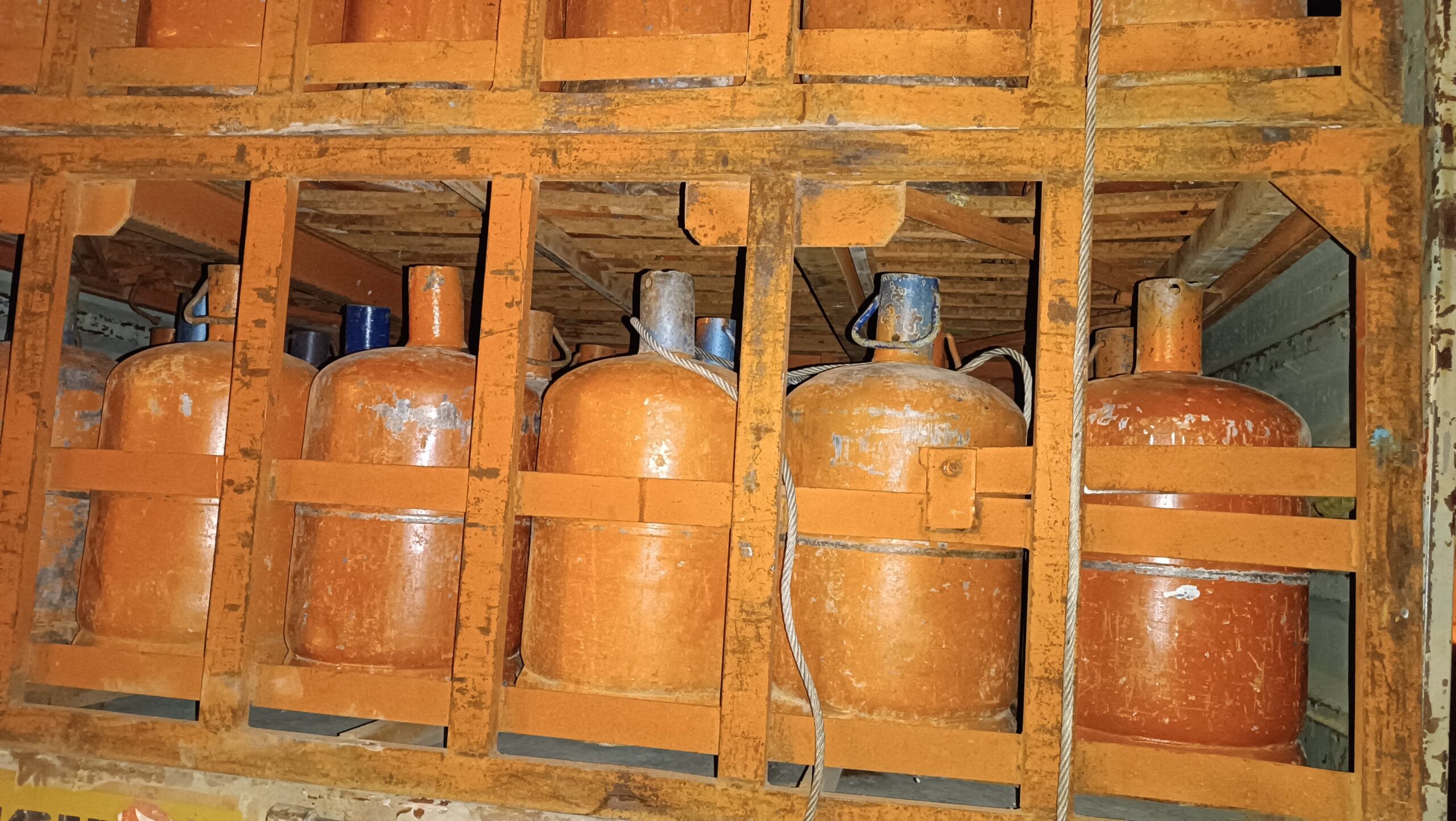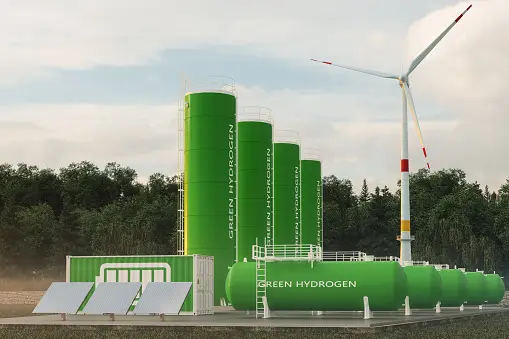Casablanca – In a new update, the Moroccan government has so far allocated approximately $134 million to its direct housing support program aimed at citizens meeting specific legal requirements. Fatima Zahra Mansouri, the Minister of National Land Planning, Urban Planning, Housing, and Urban Policy, announced the update during a session with the Interior, Territorial Communities, Housing, and Urban Policy Committee of the House of Representatives.
Minister Mansouri revealed that the total value of homes purchased under the program reached approximately $649 million, with the state’s contribution amounting to $134 million, representing 18 percent of the total. The program has provided financial assistance to 16,300 citizens to date. Among the beneficiaries, 44 percent are women, 22 percent are Moroccans residing abroad, and 39 percent are under the age of 35.
The geographical distribution of beneficiaries shows the Fes region at the top with 2,706 beneficiaries, followed by Berrechid with 2,225, Meknes with 1,891, Kenitra with 1,156, and Casablanca with 906 beneficiaries. Six regions, including Zagora, Jerada, Taourirt, Fahs-Anjra, Boulemane, and Boujdour, had the lowest number of beneficiaries, each with only one person benefiting from the program.
The minister noted that the program has had a positive impact on the construction sector. From May 2023 to May 2024, the number of authorized projects increased by 16 percent, cement sales rose by 20 percent, housing loans grew by 1.5 percent, and loans to real estate developers increased by 3.82 percent.
Applications for the direct housing support program have been robust, with 81,683 applications received, of which 89 percent are eligible. The Casablanca-Settat region leads with 23,721 applications, followed by Fes-Meknes with 20,740, Rabat-Salé-Kénitra with 12,735, Tangier-Tetouan-Al Hoceima with 7,354, and Marrakech-Safi with 6,340 applications. The three regions in the Moroccan Sahara had the fewest applications, with Laayoune-Sakia El Hamra at 252, Guelmim-Oued Noun at 130, and Dakhla-Oued Ed-Dahab at 114.
To qualify for housing support, applicants must meet several legal requirements, including having Moroccan citizenship, not owning any residential property, not having received any prior state housing subsidies or benefits, using the housing as the primary residence for five years, having a housing permit starting from January 1, 2023, and ensuring that the housing is a first sale with at least two rooms and costs no more than $72,165.
The positive developments in the housing sector underscore the government’s commitment to addressing housing needs and improving living conditions for Moroccan citizens through targeted support and investment.
